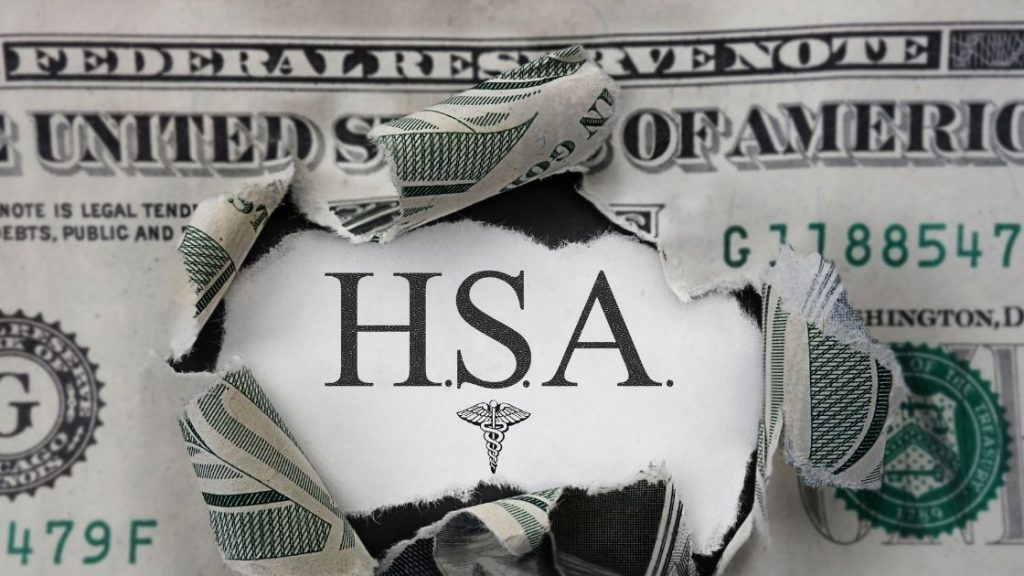For me, the key to a successful financial life starts with prioritization. There are many areas of life that compete for your time and attention. Your health, family, friendships, religion (if you practice) all play a role in how you define happiness and success. For some, money does not rank very highly, but if you are reading this, you obviously want to improve your financial situation.
To do that, you need to prioritize it. You need to focus on learning how to acquire money, how to save it, how to grow it, and how to spend it in a way that maximizes its benefit to you. My hope is that we become a resource to help you do that.
This post may contain affiliate links. If you click on a link and complete a transaction, I may make a small commission at no extra cost to you.
The information contained in this post is for informational purposes only. It is not a recommendation to buy or invest, and it is not financial, investment, legal, or tax advice. You should seek the advice of a qualified professional before making any investment or other decisions relating to the topics covered by this article.
Mindset Matters
Many people recognize the importance of personal finance but are burdened with a negative mindset about money. In my case, it was the view that some people are just good with money, but that will never be me.
I am an immigrant and grew up poor. I desperately wanted to grow up and have a better life for myself, but I saw some of the missteps that my parents made when it came to finances and thought the apple probably won’t fall far from the tree.
After hitting adulthood, I quickly fell into credit card debt (on top of having student loans). It was a self-fulfilling prophecy. But it wasn’t until my late twenties that my finances really started falling apart. I had massive credit card and student loan debt and I could not make ends meet. I had a decent paying job but was quickly spiraling toward bankruptcy.
One day, I was at the bookstore and happened to walk by the personal finance section. I noticed a book by Suze Orman entitled “The Nine Steps to Financial Freedom” and started reading it in the aisle of the bookstore. I was transfixed for the next two hours. It was like the scales had fallen from my eyes.
I realized there were strategies to personal finance that you could learn and use to achieve success. Financial freedom did not depend on being born with some mysterious ability to be “good with money.”
I was always a decent student and knew I could learn and follow strategies. I became a sponge and read everything I could about personal finance. Some of my favorite early reading included Robert Kiyosaki’s “Rich Dad Poor Dad” (great for shifting your mindset toward wealth generating assets) and George Clayson’s “The Richest Man in Babylon” (a fun and easy read with a simple recipe for financial success – it has a gravity to it even today and I find myself picking it up and re-reading it from time to time).
As you can imagine, my philosophy on personal finance has evolved a lot since those early days. A more recent read that I really enjoyed was “The Psychology of Money” by Morgan Housel. He highlights the role that your mind and your past experiences play in your financial decisions. Fascinating stuff.
But getting back to my point (and it’s a simple one) – everyone can be great with money. You just need to learn how.
Invest in Yourself
Warren Buffett, viewed by many as the greatest investor in history, stated in 2017 the following:
Ultimately, there’s one investment that supersedes all others: Invest in yourself…Nobody can take away what you’ve got in yourself, and everybody has potential they haven’t used yet.
This premise underpins everything we do on this website. We want you to invest in yourself by expanding your knowledge. And we want to give you the tools to unlock your financial potential.
Earn More or Spend Less?
There seems to be an ongoing debate around whether you should achieve financial success by increasing your income or cutting your expenses (and of course saving and investing what’s left).
Let me cut to the chase – you need to be mindful of your expenses, but in my experience, the path to significant wealth and potentially early retirement is far easier when you increase your income. That being said, you will never achieve any level of financial security if you are spending more than you make.
So the first step is to shore up your spending. Put in place a budget that works for you. Need help getting started? I talk about budgeting (and a whole lot more) in my article of the five pillars of personal finance.
Then start contributing to an emergency fund to cover unexpected expenses or job loss. To do that, you may want to consider parking your money in an online high yield checking or savings account, not at your regular brick and mortar money center bank.
Aspiration is an option that you may want to explore. If you happen to be socially or environmentally conscious, they seem committed to that as well. Aspiration offers digital banking services, no fees, unlimited free ATM withdrawals, and unlimited cash back on debit card spending. They also give 10% of their earnings to charity.
Once you have set up your high yield account, you should save at least 6 months of expenses. But if you are in a stable job and industry, and it is easy to get another similar job quickly, you can probably get away with less. If jobs that are comparable to yours are hard to find, save more.
If you want an unconventional, but better approach to setting up an emergency fund, check out my article on that topic here.
After taking these initial steps you should look to expand your income. Don’t be afraid to do this. It is always easier to say I can improve my financial situation by cutting my expenses even more. That takes no mental energy, no further education, and entails no risk.
But it has its obvious drawbacks. Living an austere existence for years on end and consigning your family to that fate too is not my view of the American dream.
Remember our mindset discussion? The lesson there is that you can do more than you think and you should not let your fears dictate how you live your life. So commit to learning how to make more money.
It is our mission to help you along the way by showing you some unconventional avenues for making additional money.
You can of course choose to increase your income by getting raises and promotions at your job or finding a new job that pays more. Or working on improving the profitability of your business if you are a small business owner. I applaud anything that gets you closer to financial success.
But there are lots of great resources out there that help you with this. I focus on a different path.
Putting it All Together
My focus is on educating you about the various ways to increase your earnings through less conventional investments and strategies, such as real estate investing, starting a side business, and passive income streams. But if you are part of corporate America and you just want to maximize the benefits from your job, like a 401k, Flexible Spending Account, Health Savings Account, and Employee Stock Purchase Plan, we have a series designed for you too.

